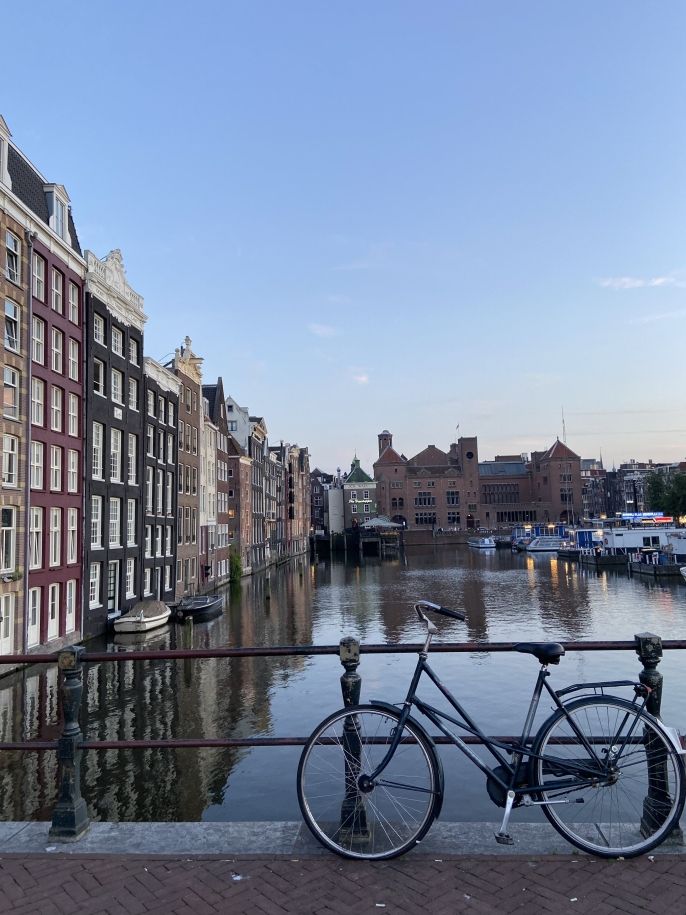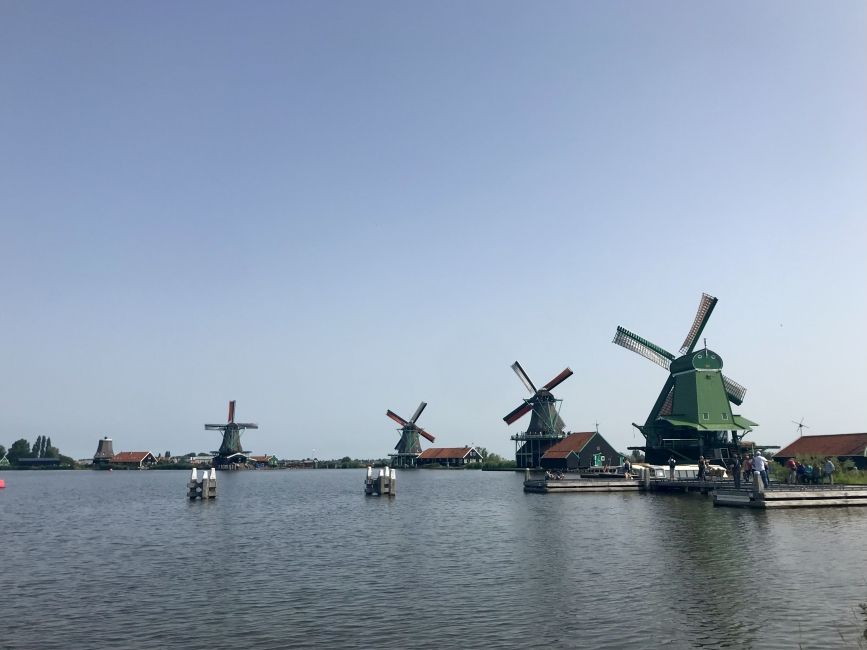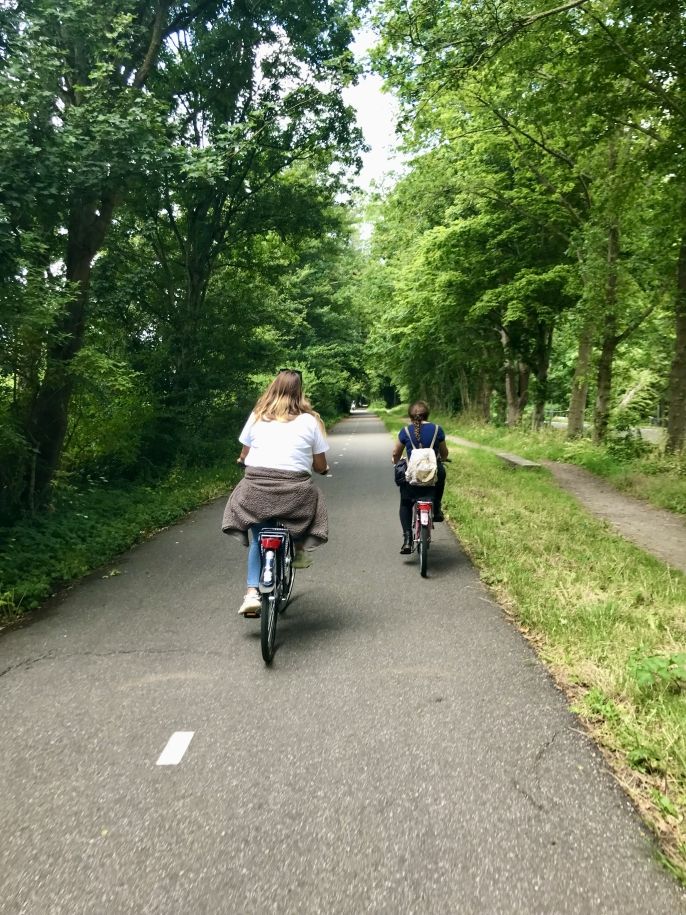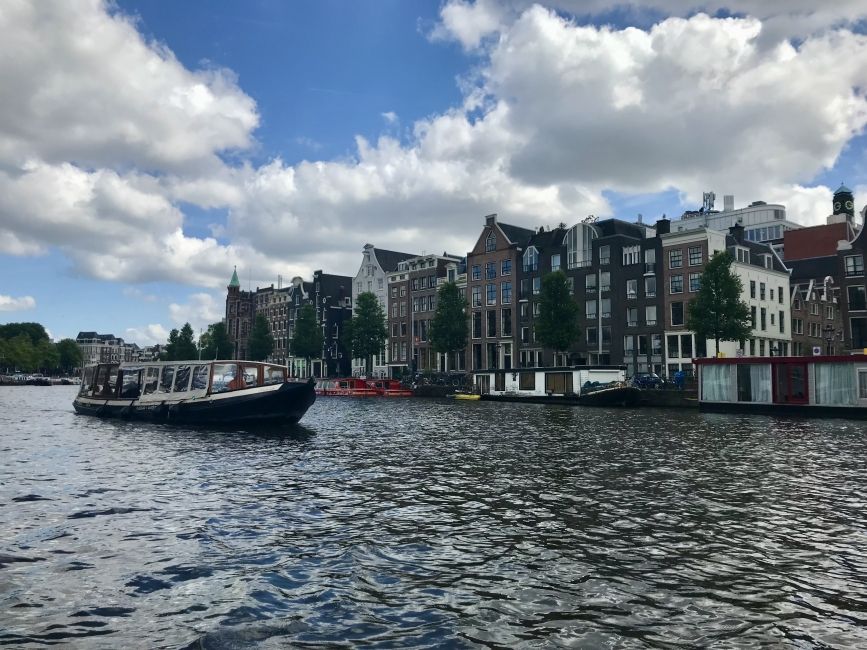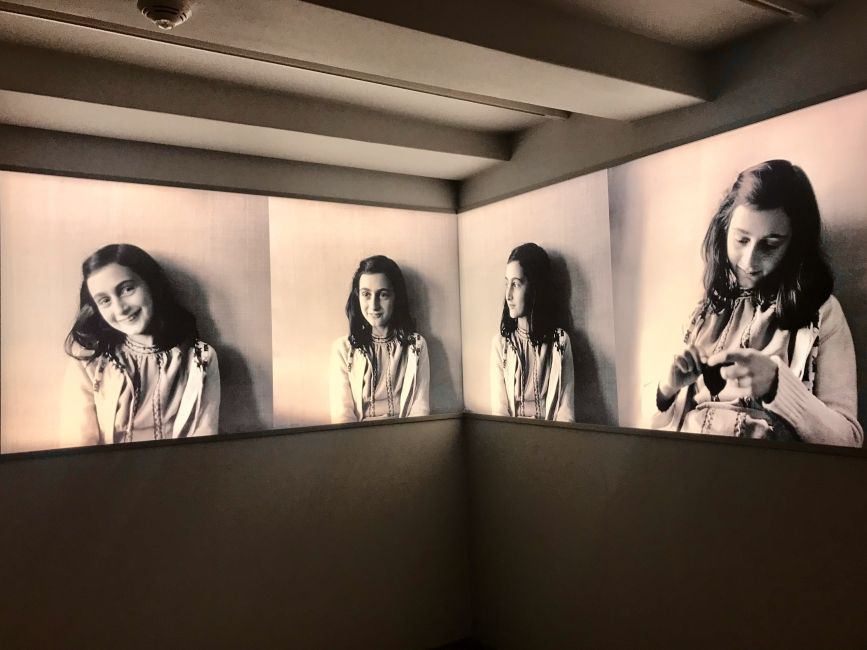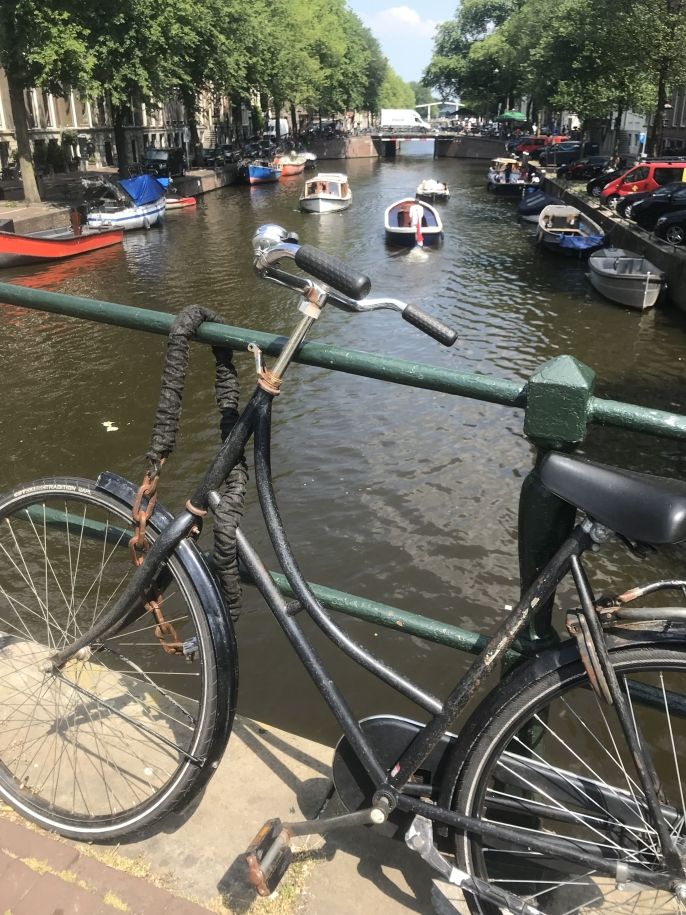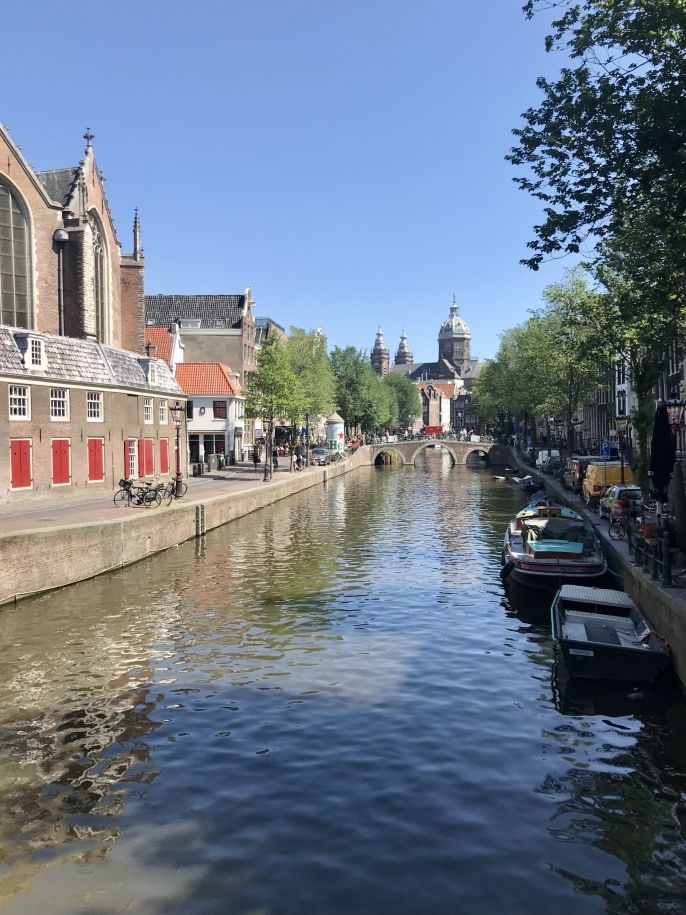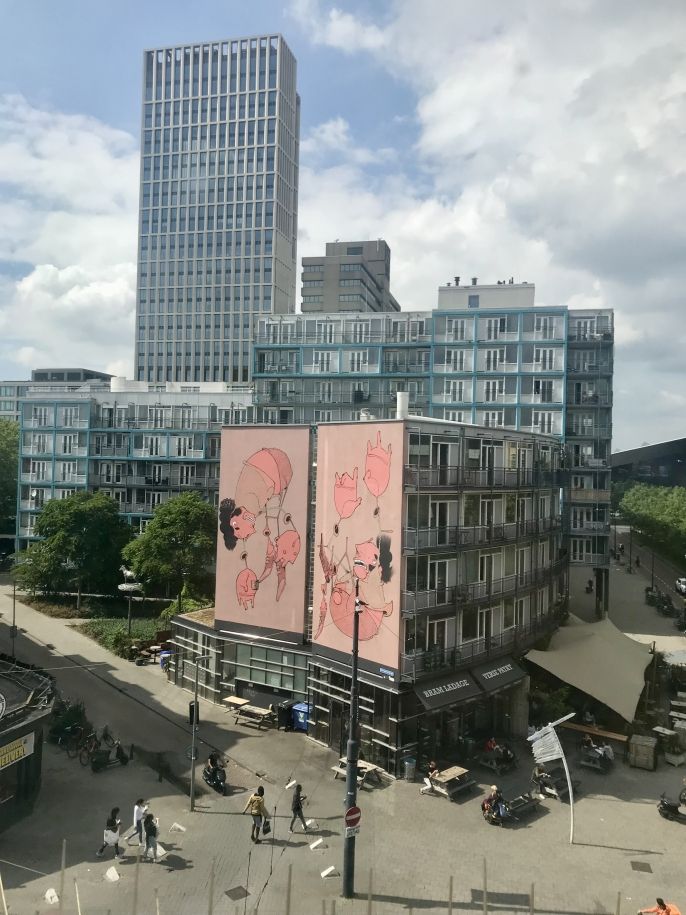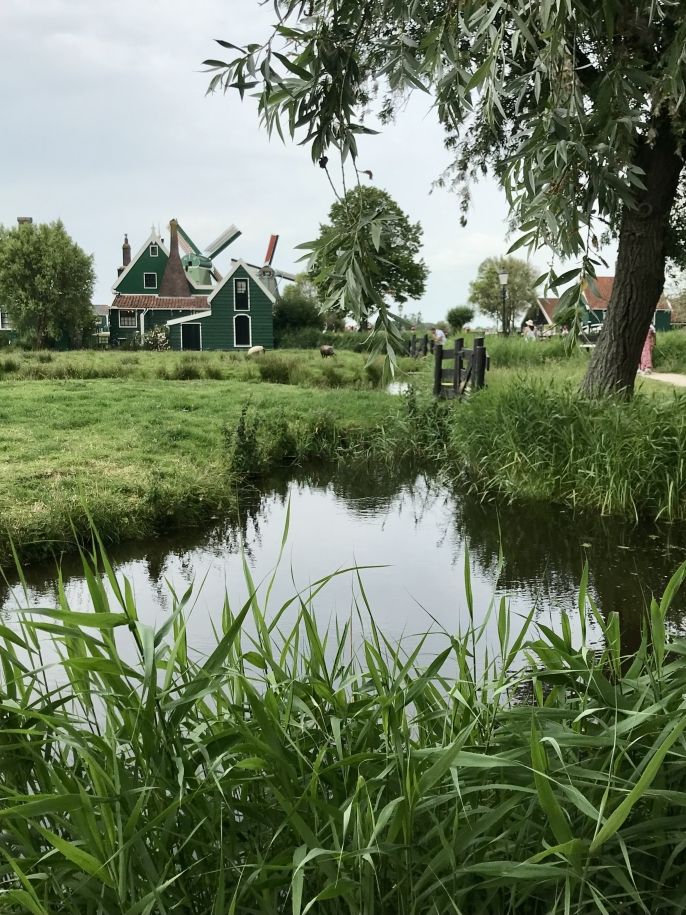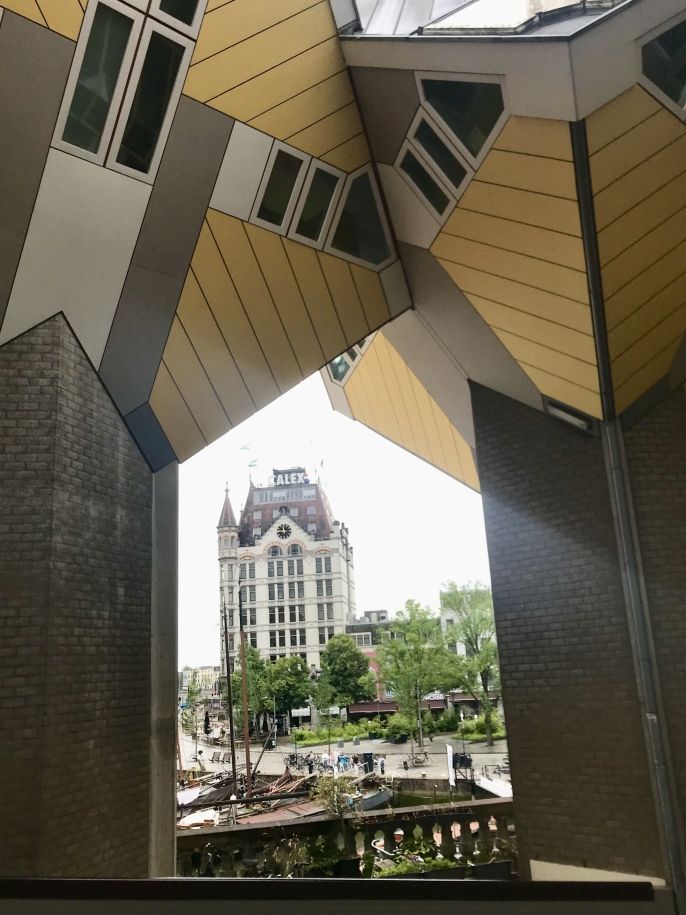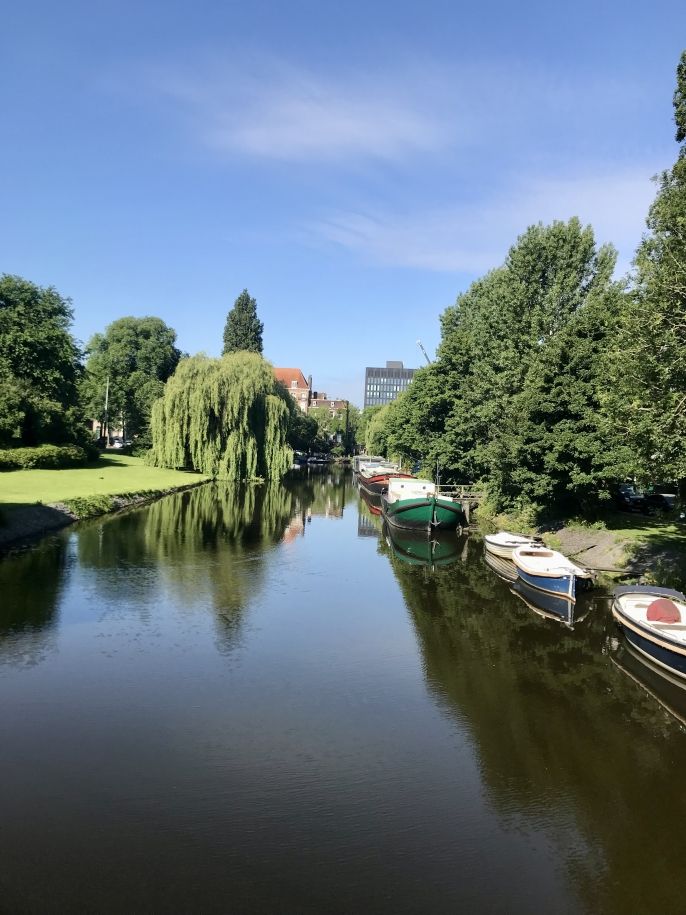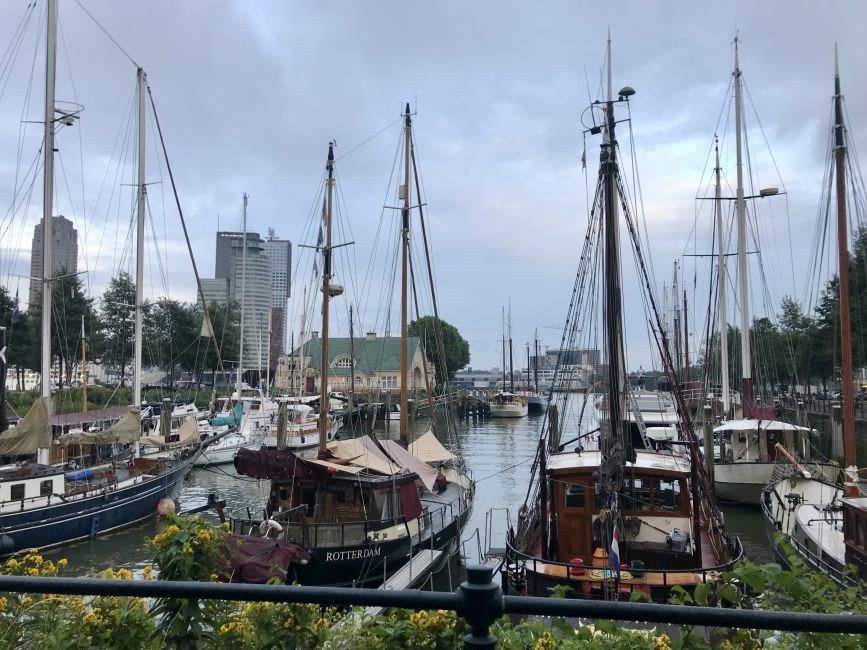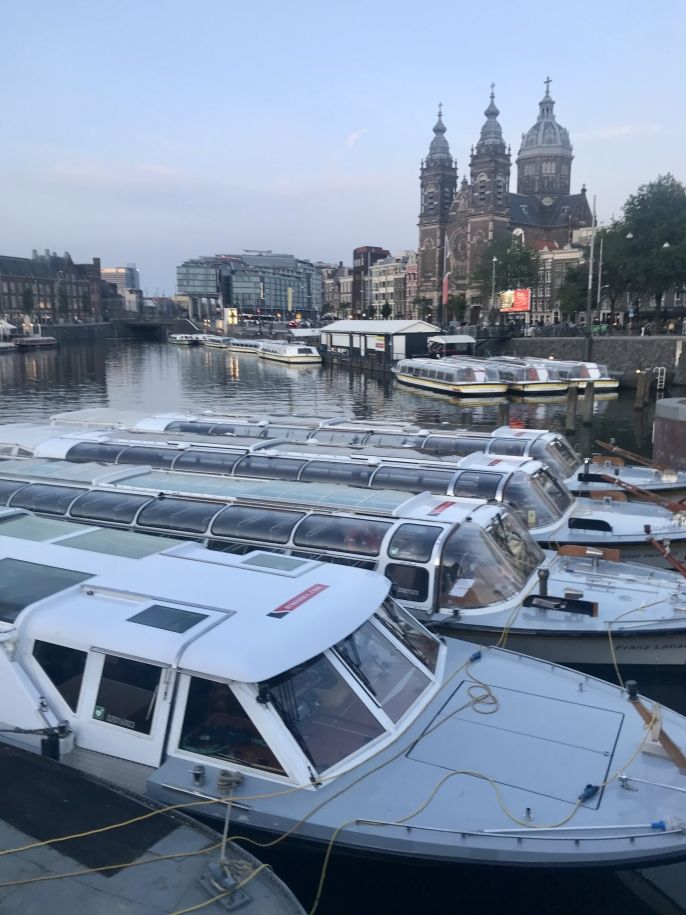Three Major Dutch Cultural Differences, As Told By Students
As I write this, the majority of our students are in flight over the Atlantic, soon to return to the United States. Session One has come to a close, and the long hours waiting at the Schiphol Airport have given students ample time to reflect on not just their incredible experiences, but also the most significant differences between the Netherlands and the United States. Here are three examples of cultural differences, as told by Queer Life & Activism students:
1. "How direct the people are [in the Netherlands]. It's hard to take in, but I can appreciate straight-to-the-point people." -Cayah
Does this oft-mentioned generalization about Dutch people hold any kind of weight in reality? According to BBC Travel, indeed so. The Dutch even have a word for this phenomenon: "bespreekbarheid," the idea that people can and should discuss anything and everything (it doesn't translate too cleanly to English).
While some may interpret this highly Dutch communication style as rude, many Dutch people perceive their own directness as openness. Not all Dutch people interact in the same way, but those who do may be imparting a much-welcomed dose of honesty in a global landscape where intercultural competence is difficult to navigate, and much is lost in translation.
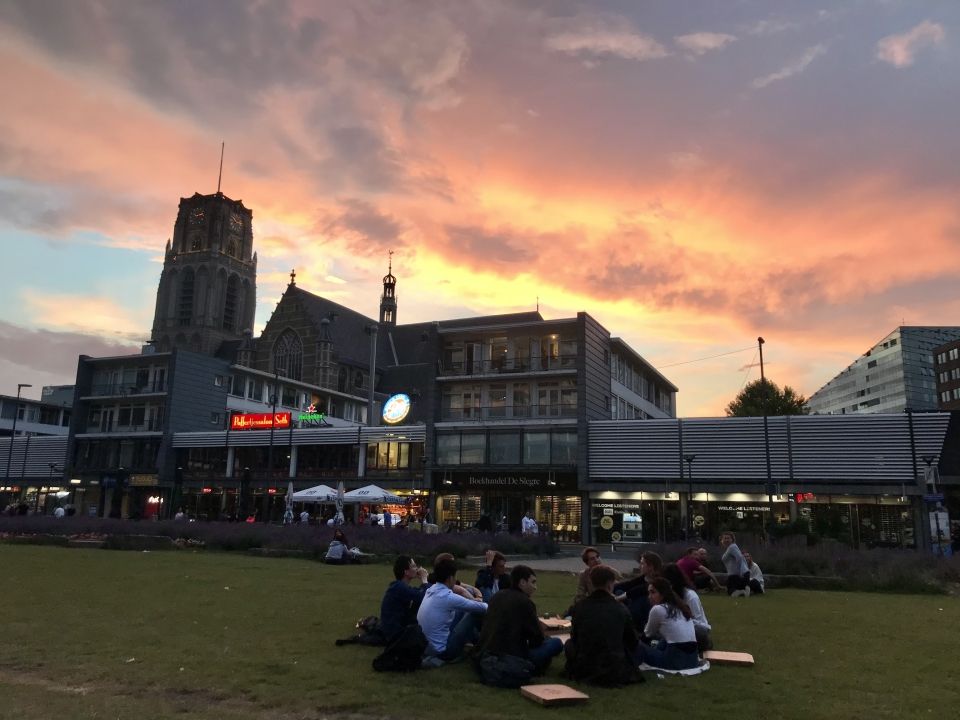
2. "The public transportation culture is really different, and the bikes. Also how close everything is. You can tell it was meant to be walkable." -Andrew
Cyclists in Amsterdam enjoy 32.000 kilometers (around 19,990 miles) of bike lanes, but even these don't occupy the whole street. They snake strategically around the city alongside tram lines, sidewalks, and, naturally, a lane or two for automobiles. Meanwhile, the subway rumbles underfoot, and boats cruise down the omnipresent canals that intersect seamlessly with the street. Cars are by no means the star of the show in Amsterdam, an urban design difference that strikes many U.S. Americans as odd or at least worthy of an adjustment period.
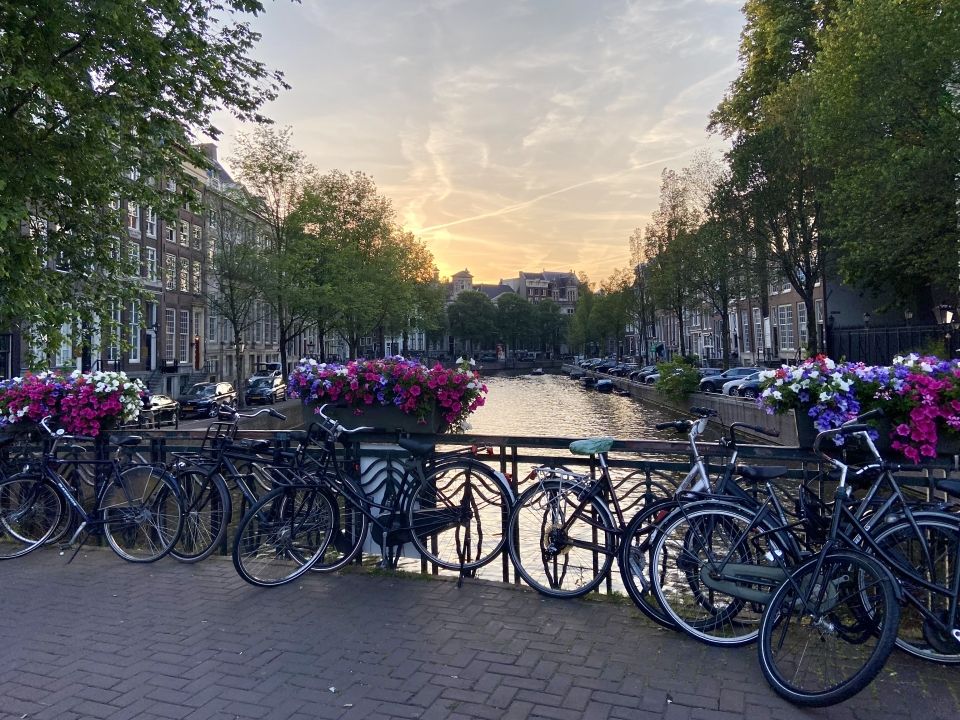
Many students on program described mild aches in their legs and feet after long days of sightseeing. After three weeks, however, the students were veritable experts on navigating the strategic balance between walking and taking the top-notch public transit. Some now even say they prefer it over their cities in the U.S.!
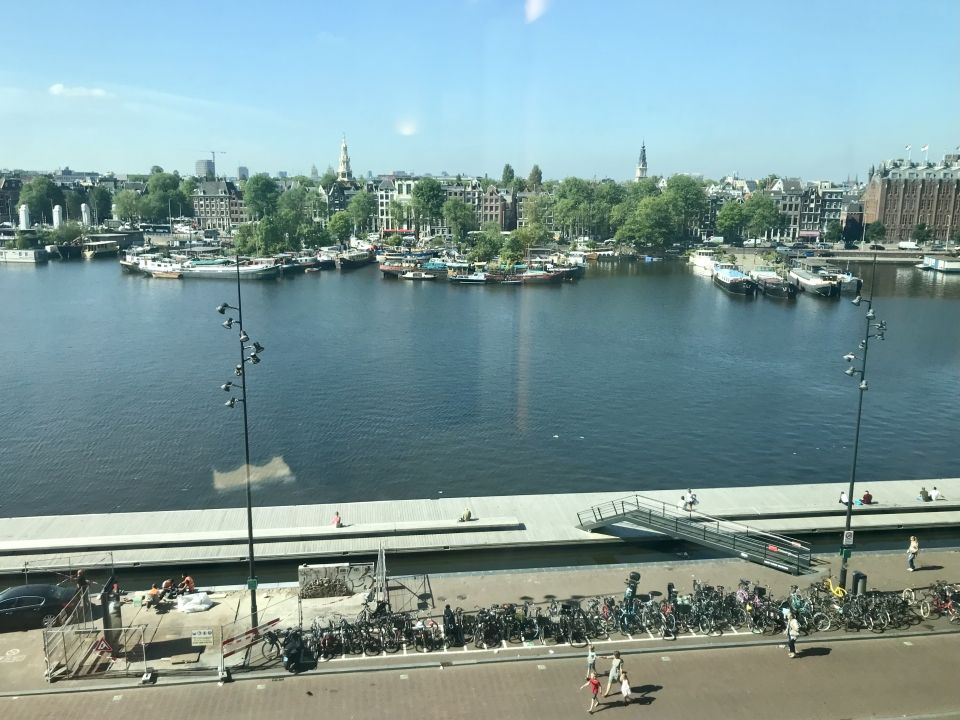
3. "The food is very bland." -Dani
Despite the Netherlands' historical involvement in colonization and the spice trade, Dani isn't incorrect. Many Dutch folk nowadays would agree with CIEE students that, admittedly, their cuisine isn't exactly drenched in strong flavors. Boiled vegetables, a bit of meat, plain cheese sandwiches, and pancakes are the name of the game in many Dutch households.

However, for those with more adventurous taste buds, Amsterdam is hardly a difficult city to stomach. The cosmopolitan Dutch capital boasts a wide variety of restaurants, ranging from Indonesian and Surinamese (former Dutch colonies) to Argentine to Vietnamese to practically everything in between. In fact, CIEE students had the opportunity to eat out at Indian, Ethiopian, Italian, and Jamaican restaurants respectively on the program's dime. While Dutch food may not be all students' favorite aspect of the trip, Amsterdam certainly kept their bellies full!

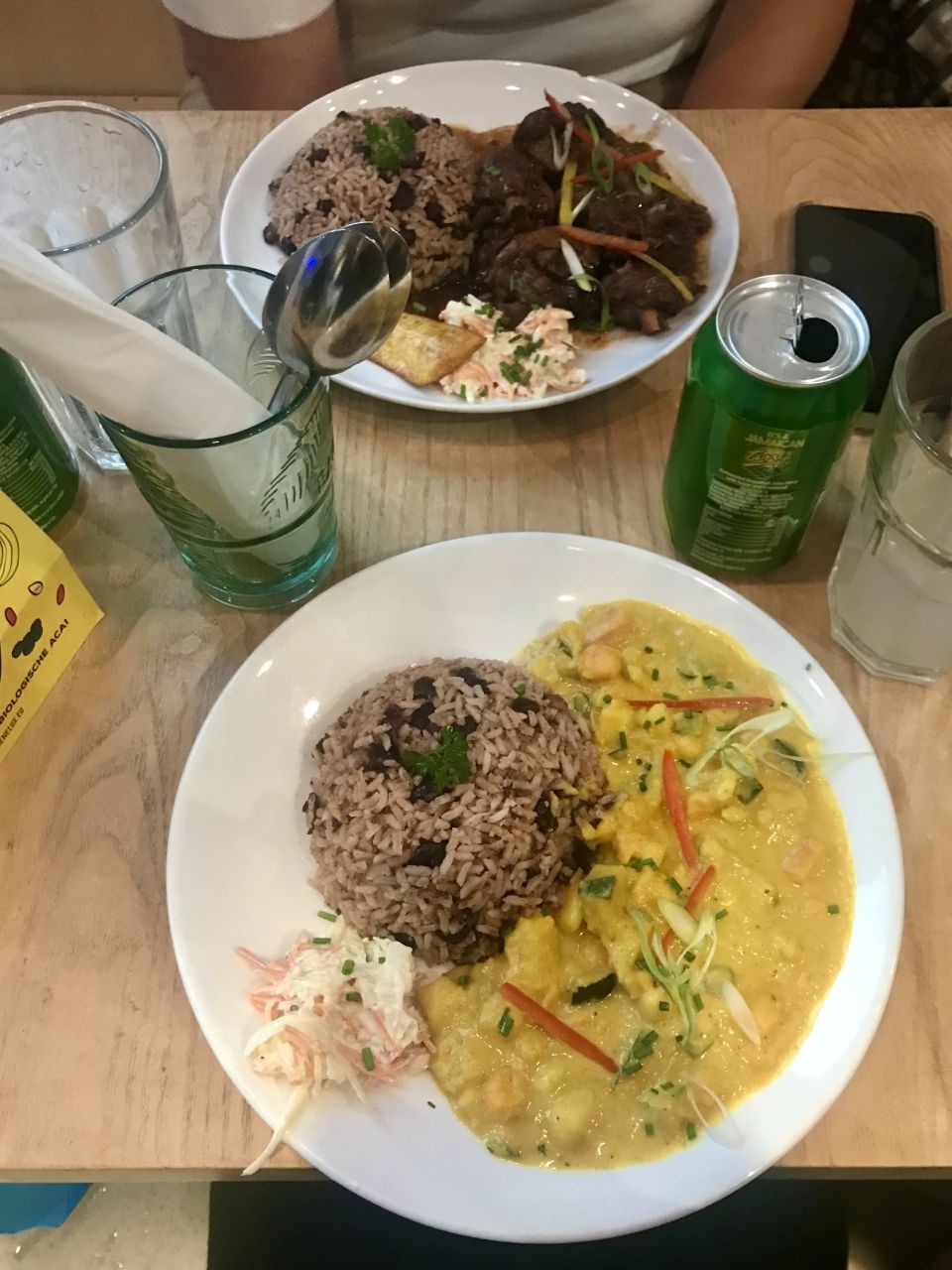
These are three of the most interesting cultural differences that stood out to Queer Life & Activism students. Once back on U.S. soil, students will inevitably continue to reflect on these and a vast array of other unique aspects of the Netherlands that will have expanded their worldview forever.
-CB
Related Posts
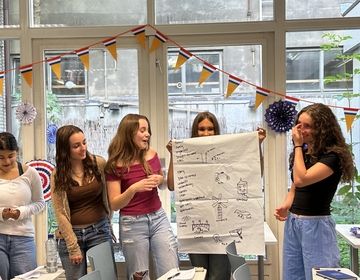
Utrecht, A New Side of the Netherlands
Students explored the charming city of Utrecht, known for its cozy canals, colorful Miffy statues, and laid-back atmosphere. From a scenic kayaking adventure to discovering hidden spots along the water, the trip offered a whole new view of Dutch life outside of Amsterdam.
Weekend Getaway in Rotterdam!
Students and PL's embarked on a 1 hour train ride from Amsterdam to Rotterdam to explore a new city strategically focused on sustainability. Everyone was immediately captivated by how different... keep reading
Our Brussels Adventure Continues …
Tracy Morrison's Post: Day two led us to our first stop of the day, Experience Europe. This exhibition teaches students about the European Commission’s core work, priorities, policies and European... keep reading
